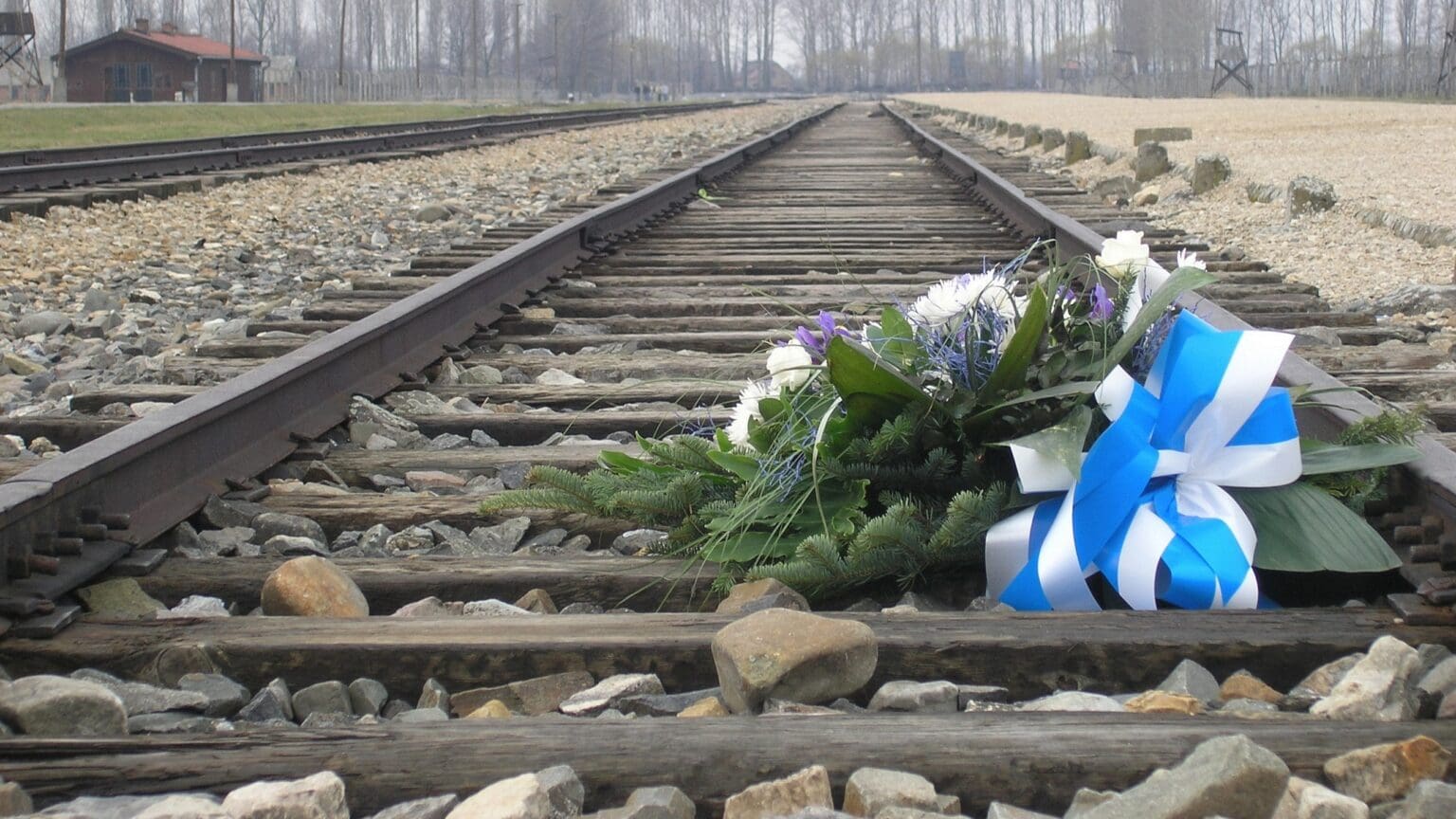
Gábor Deutsch, the staunchly anti-communist Chief Rabbi of Devecser, wrote a study on Judaism and Bolshevism published in 1937 in which his aim was ‘to prove, point by point, that the classical revelations of the Jewish religious ethos, the Scriptures and the Talmud are opposed sharply to the basic doctrines of Bolshevism’. On 4 July 1944 he was transported to Auschwitz, from where he never returned.

According to Csaba Lantos, over 28,000 people have already pre-registered for the Solar Energy Plus programme, with over 15,000 subsidy applications received so far for the installation of solar panels and accompanying green energy storage units.
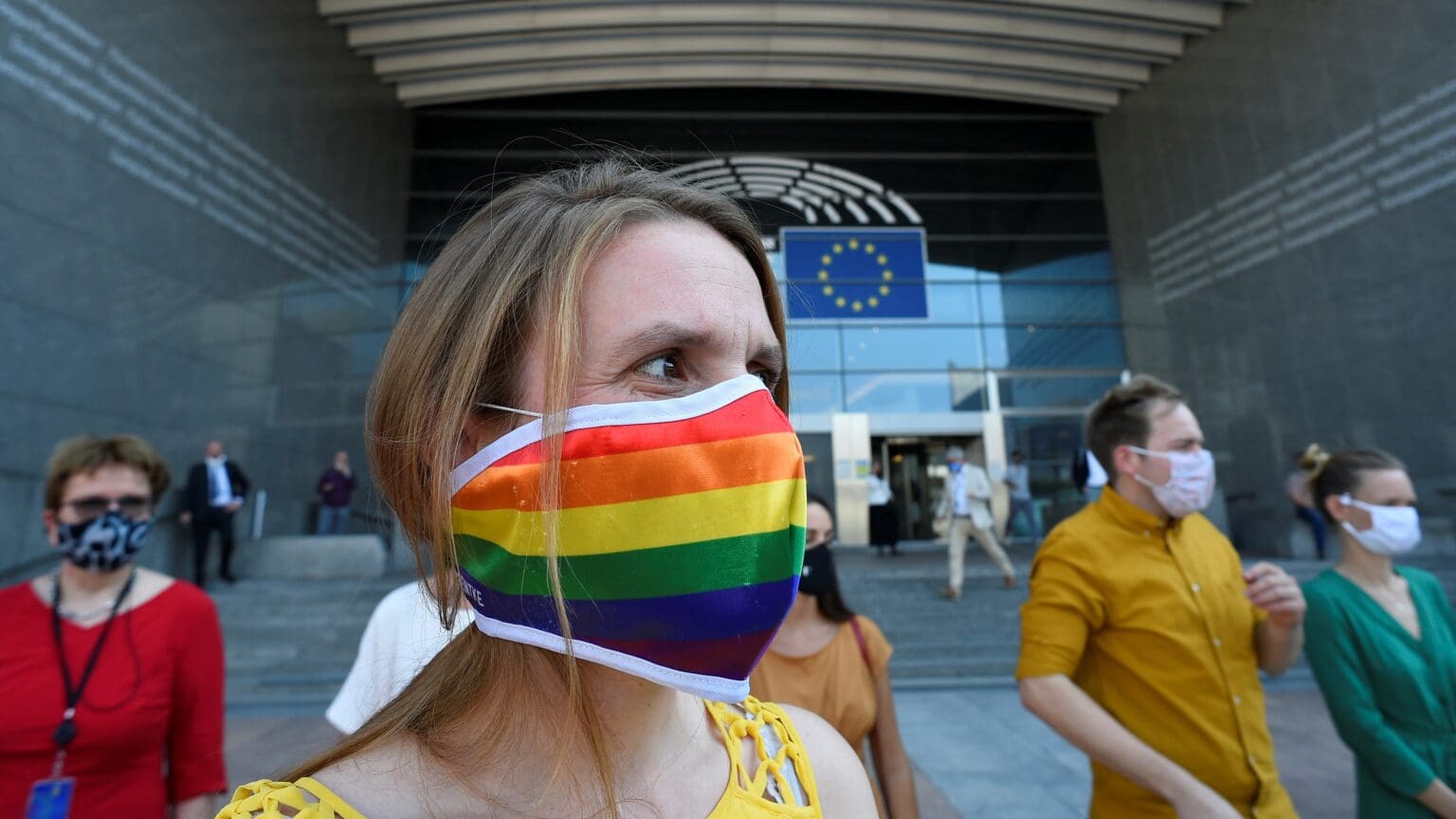
The authors examined the resolutions, annual fundamental rights and human rights reports adopted by the European Parliament between 2019 and 2024 to analyse and document the emergence of a ‘new language’ that serves to prioritize specific aspects in the protection of fundamental and human rights.
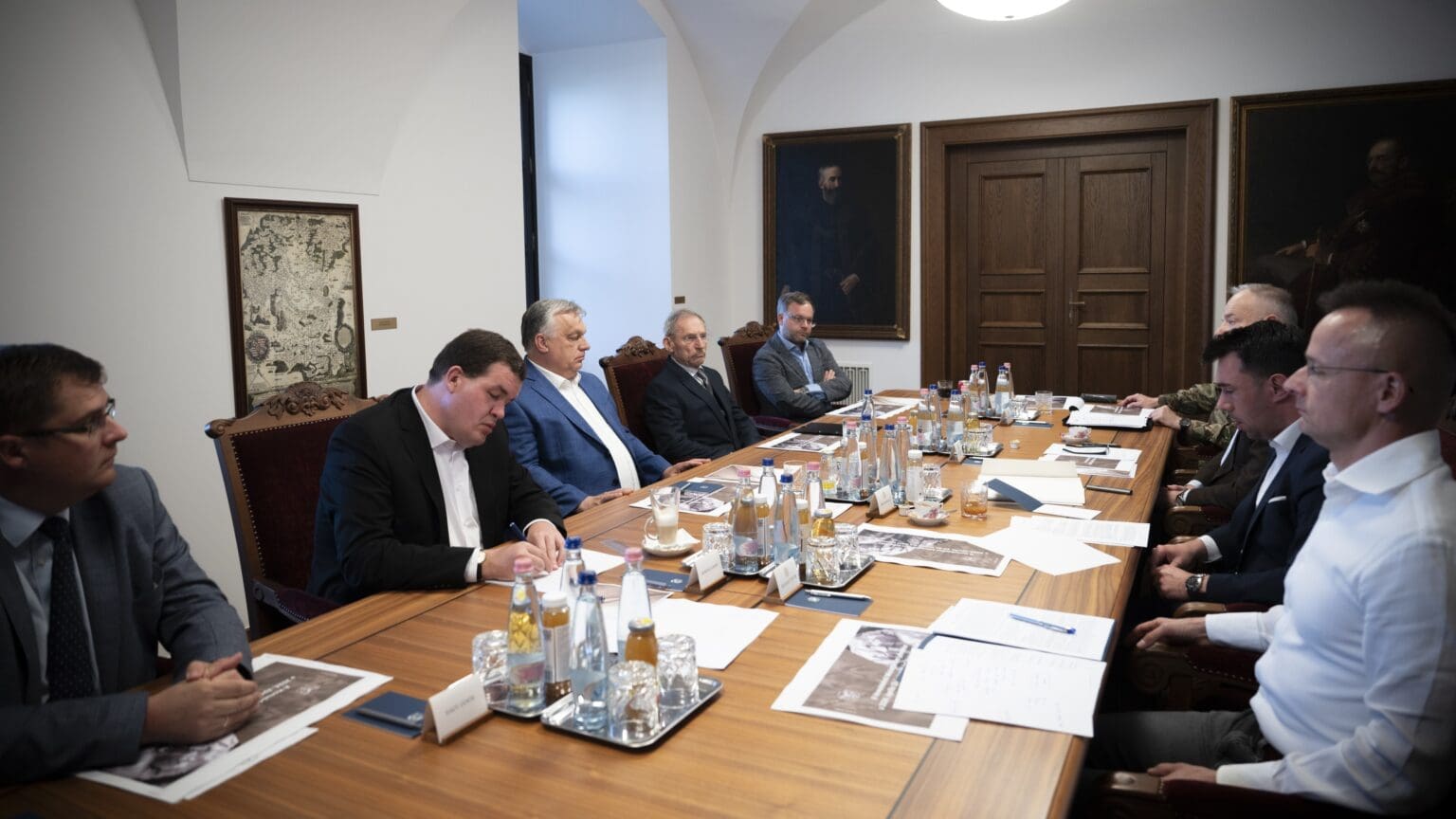
Iran launched an unprecedented air strike against Israel on Saturday night. Hungarian Prime Minister Viktor Orbán reacted by convening the Defence Council on Sunday. The PM reassured Hungarian families that the government is committed to protecting them should the conflict escalate.
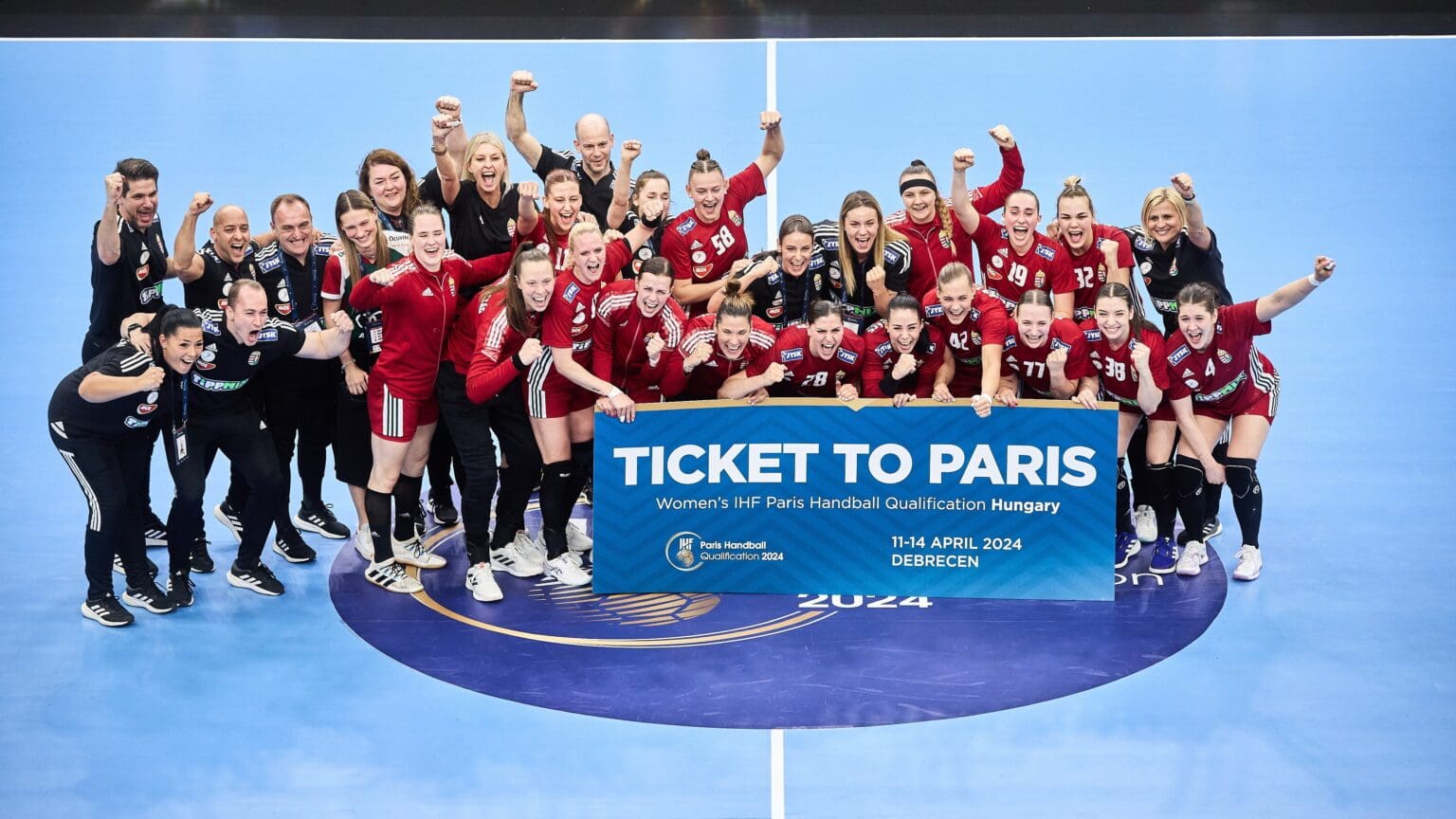
The Hungarian women’s handball team concluded the qualifying tournament with a flawless record, defeating Japan 37–28 on Sunday and securing their spot in the Olympic Games in Paris. This marks the first time since 2004 that both the Hungarian men’s and women’s national handball teams will compete at the Olympics.
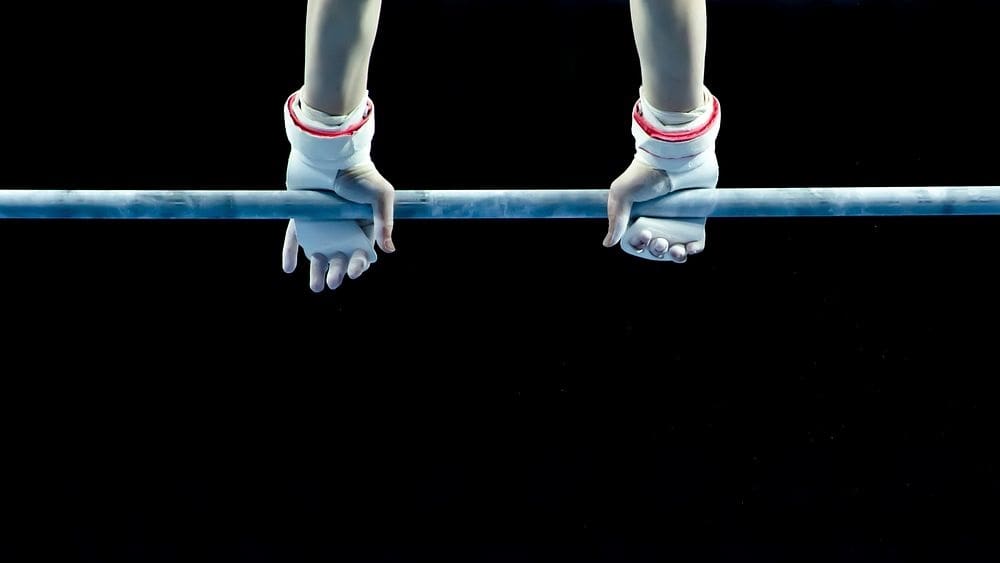
Three Romanian boys have been expelled from the Romanian Gymnastics National Team in response to the horrific incident. They have been named in the press as well: Mihai Iustin, Andrei Titi, and Flavius Borca. The Resicabánya (Rešica) police are also reportedly investigating the matter.

The new aircraft acquired by the HDF will also represent a niche development for NATO forces in the region, as Hungary is the second European country and NATO member state after Portugal to opt for the KC-390.

The rising number of mental illness diagnoses is a concerning trend in Western societies, particularly among younger generations. This surge is attributed to the tendency to interpret even mundane life situations through psychological diagnoses, posing a significant threat to our societies. In a conversation with Hungarian Conservative Frank Füredi, Executive Director of MCC Brussels, discussed the possibilities of reversing this trend.
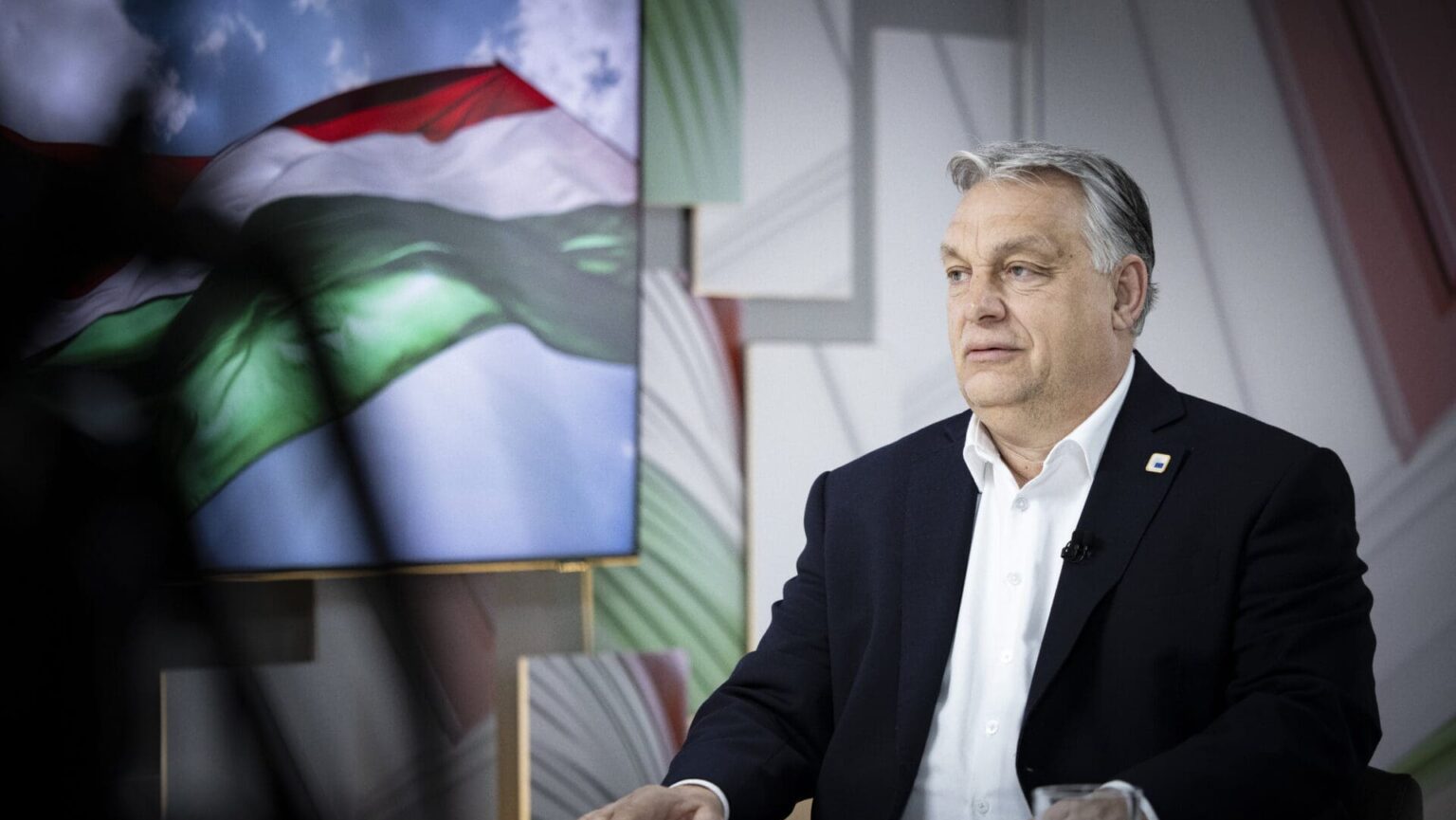
‘Why did the left-wing oligarchy (a political-administrative and academic-media apparatus) mobilize its militant wing against a conference of a few hundred conservatives? Did it fear that its political opponents would win too many hearts, minds, and Euros? No. Canceling the original, sought-after venue was a naked exercise of its power. Réseau Ades warned that the agitation efforts will persist until NatCon Brussels 2024 is entirely aborted.’

Albeit it is difficult to predict outcomes in advance, what seems very promising in terms of the Paris Olympics is that Kristóf Milák was faster than his chief international counterparts last week in Budapest. One great rival of his, Léon Marchand swam the 200m butterfly, Milák’s number one stroke, seven milliseconds more slowly than Milák (with a result of 1:54.97 compared to 1:54.90). Marchand recently swam a time of 48.40 seconds in the 100m freestyle, and so did Caeleb Dressel in San Antonio, US. During the national swimming championship, Milák was two milliseconds faster than both of his rivals.

Today every secondary school student is familiar with the concept of sustainability. In recent years, the common concern for climate change, resource scarcity, and ecological crisis has prompted youth to seek ways to take action.
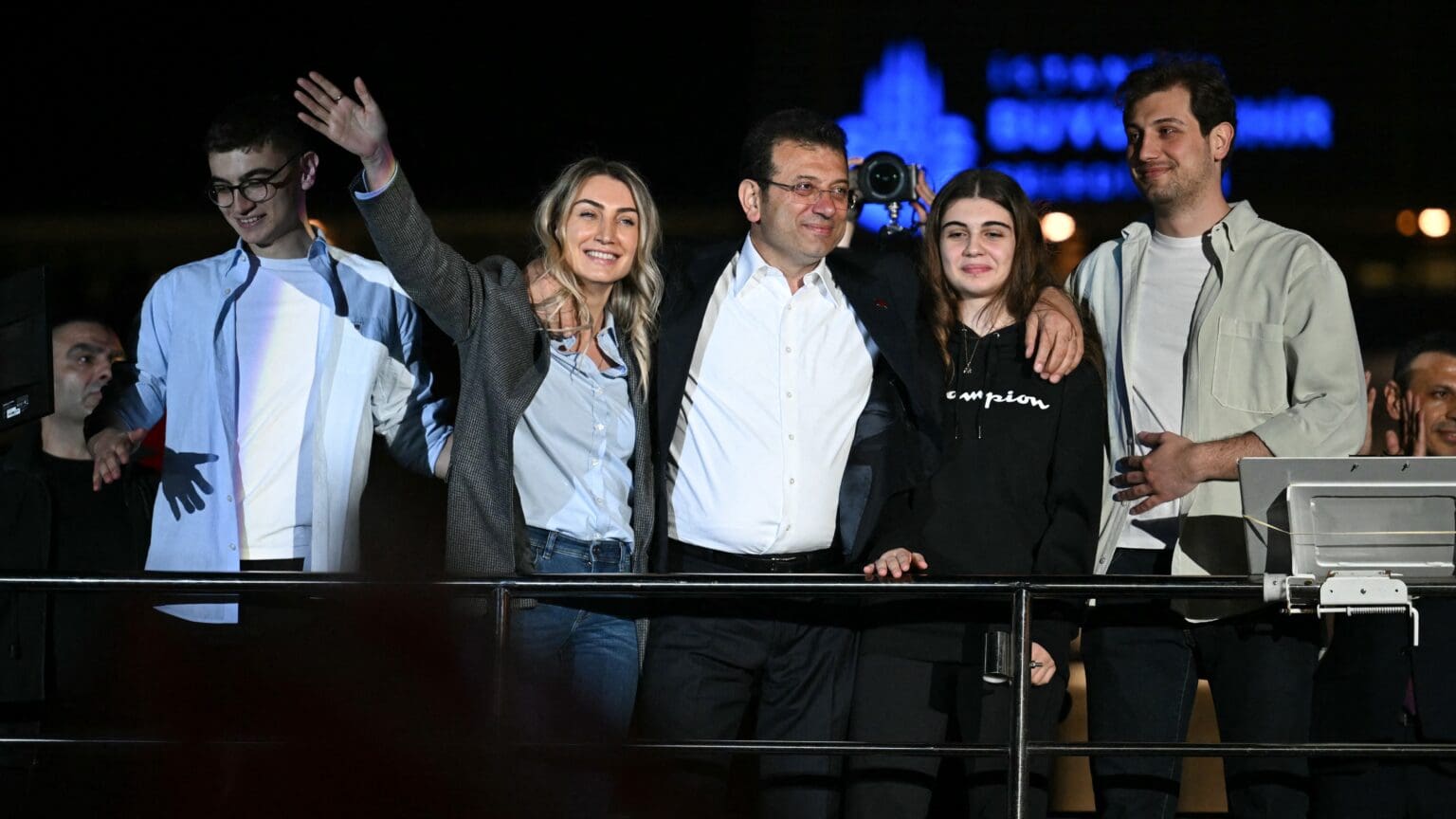
Hungary can play a key role in potentially warming EU–Türkiye relations. This can be achieved through agenda-setting during Hungary’s presidency of the Council. One such topic could be the modification of the illegal migration prevention deal to tighten regulations and increase financial support to Türkiye.

‘Picture writer’ is the old name for a painter, a term used by Benczúr to describe himself, even officially, for example when signing a contract of sale of an estate. ‘By choosing Gyula Benczúr’s self-definition as the main title of the exhibition, we want to draw visitors’ attention to the fact that the exhibition offers new approaches to his oeuvre through a “re-reading” of the works of art and primary written and pictorial sources,’ says curator Evelin Páll.
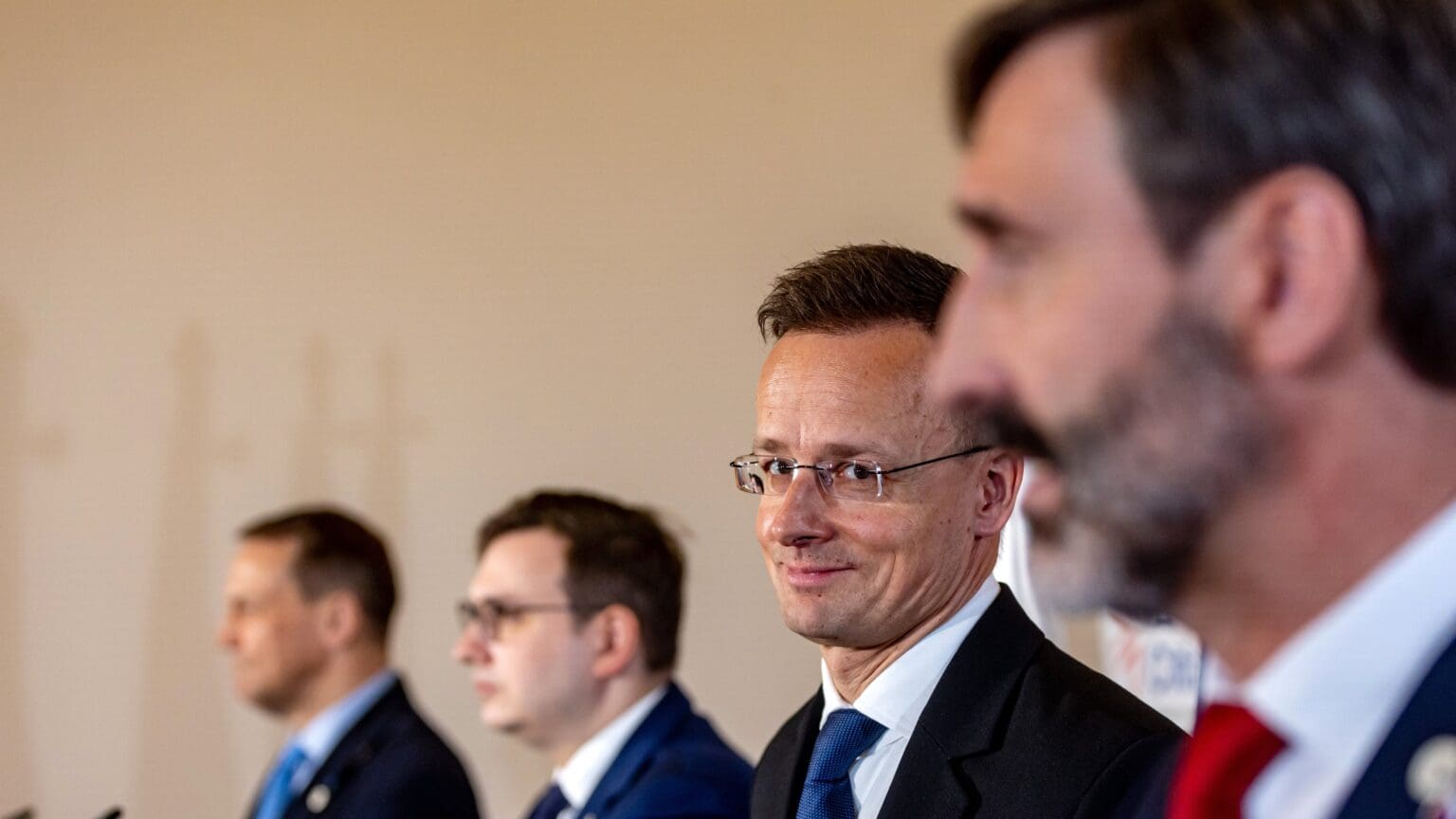
‘The Visegrad Group has reached a tipping point in the face of growing geopolitical and security challenges. The external and internal dynamics of the regional alliance of the Czech Republic, Hungary, Poland, and Slovakia have encountered obstacles where the need for unity clashes with competing views, aims, and pressures.’
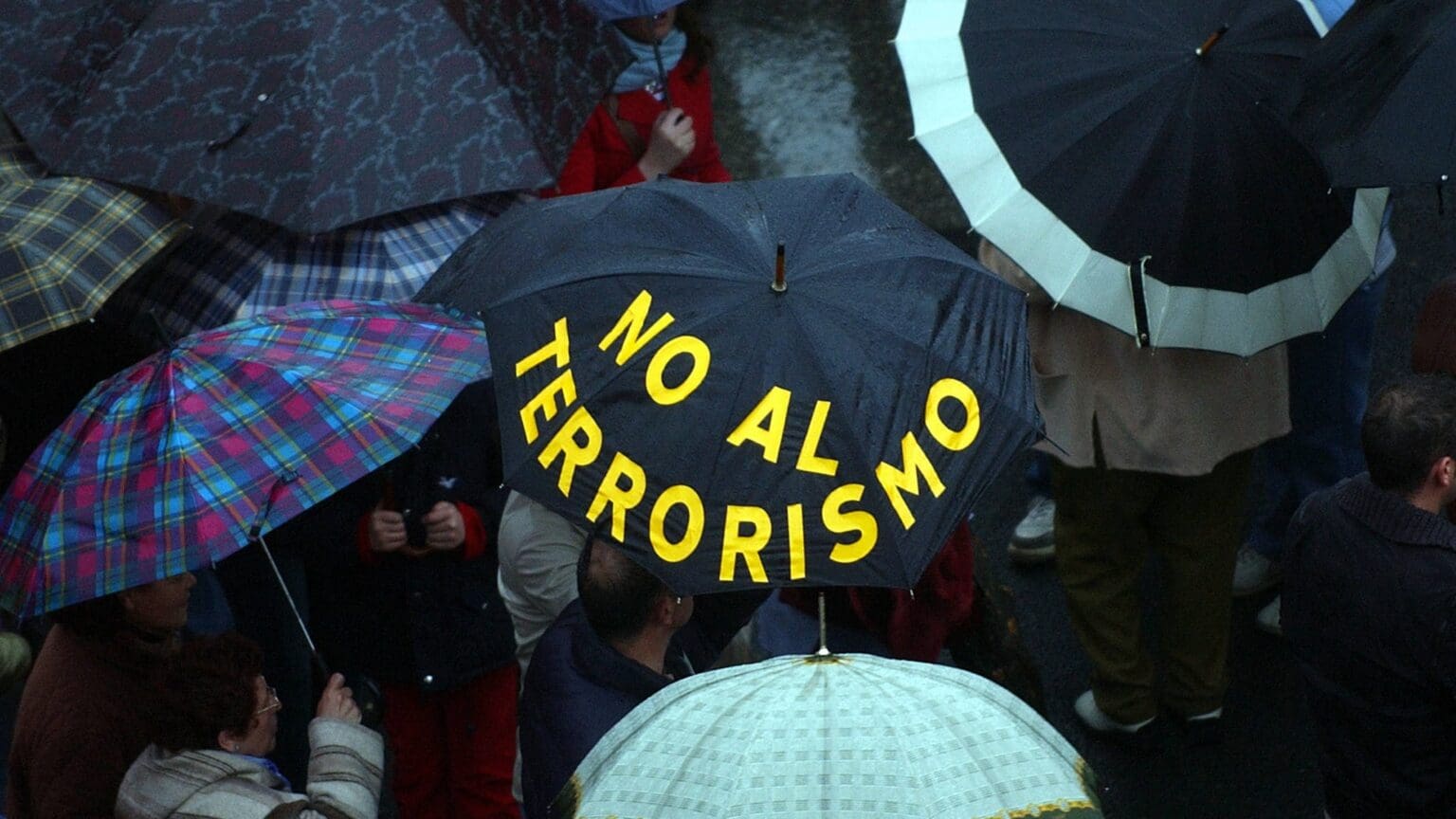
‘The patterns that emerge from examples drawn from 150 years of terrorism and counterterrorism are clear. When a tactic works, it is copied and adapted to new times and new situations. Attacks on civilians, women and children strike terror and provoke governments to react. When governments overreact and kill large numbers of civilians, regardless of the provocation, governments lose support, lose legitimacy, and in the modern world, soon find both popular opinion and later the world community will turn against them, making ultimate defeat inevitable.’

In 2020 and 2021 both the number of births and the fertility rate increased in Hungary during the COVID-19 pandemic because the poverty and disadvantage of those with children relative to childless people decreased to such an extent that having children was no longer a financial disadvantage in 2019 and 2021.
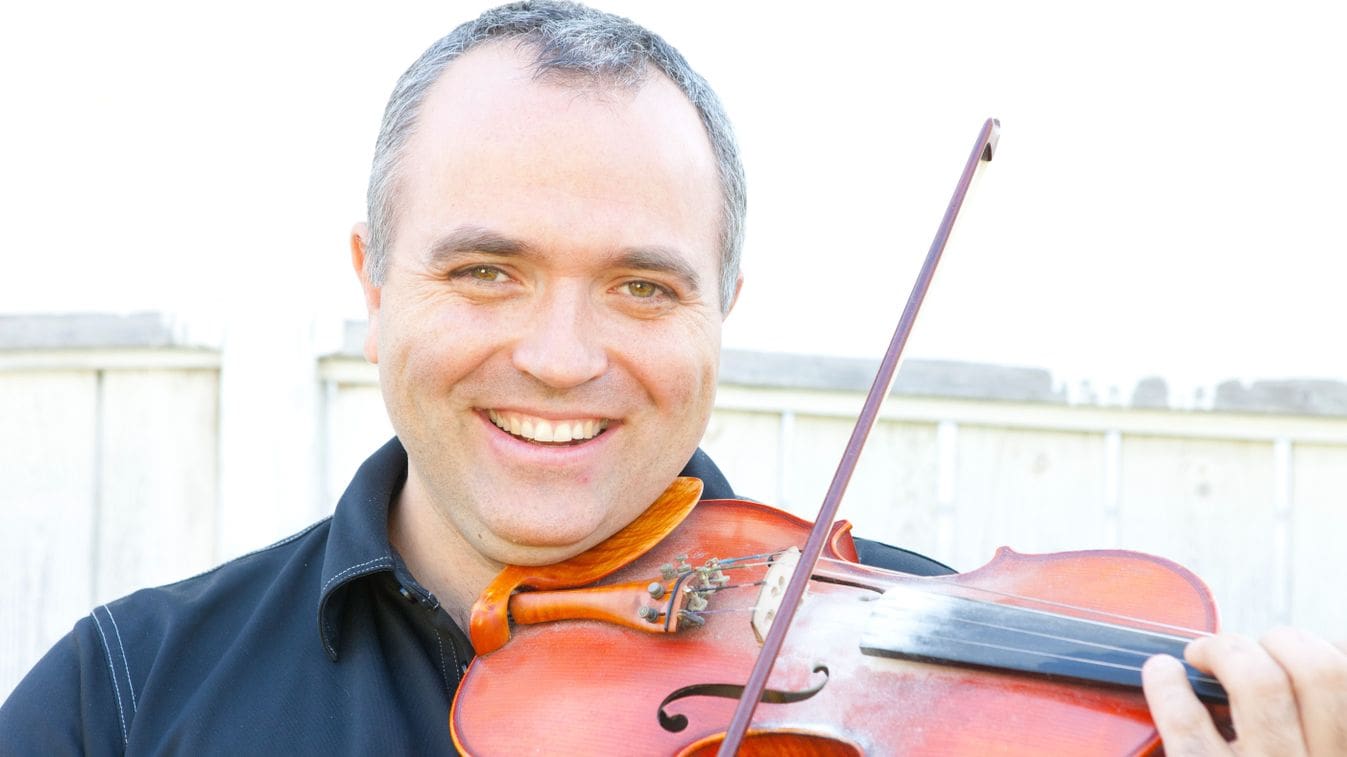
‘What ‘‘zestful life’’ means and how it can be achieved are answered in the book, starting from the premise that it requires ‘‘no special effort, skills, education or money’’. All it takes is following ten principles that are based on his family history, his respect for Hungarian music and culture as well as his practical life and working principles drawn from his private life and legal experience.’

Fidesz MP and Interior Ministry State Secretary Bence Rétvári has announced that a new amendment proposal had been submitted to the Child Protection Act to parliament, with the goal of making children even safer from child abusers.
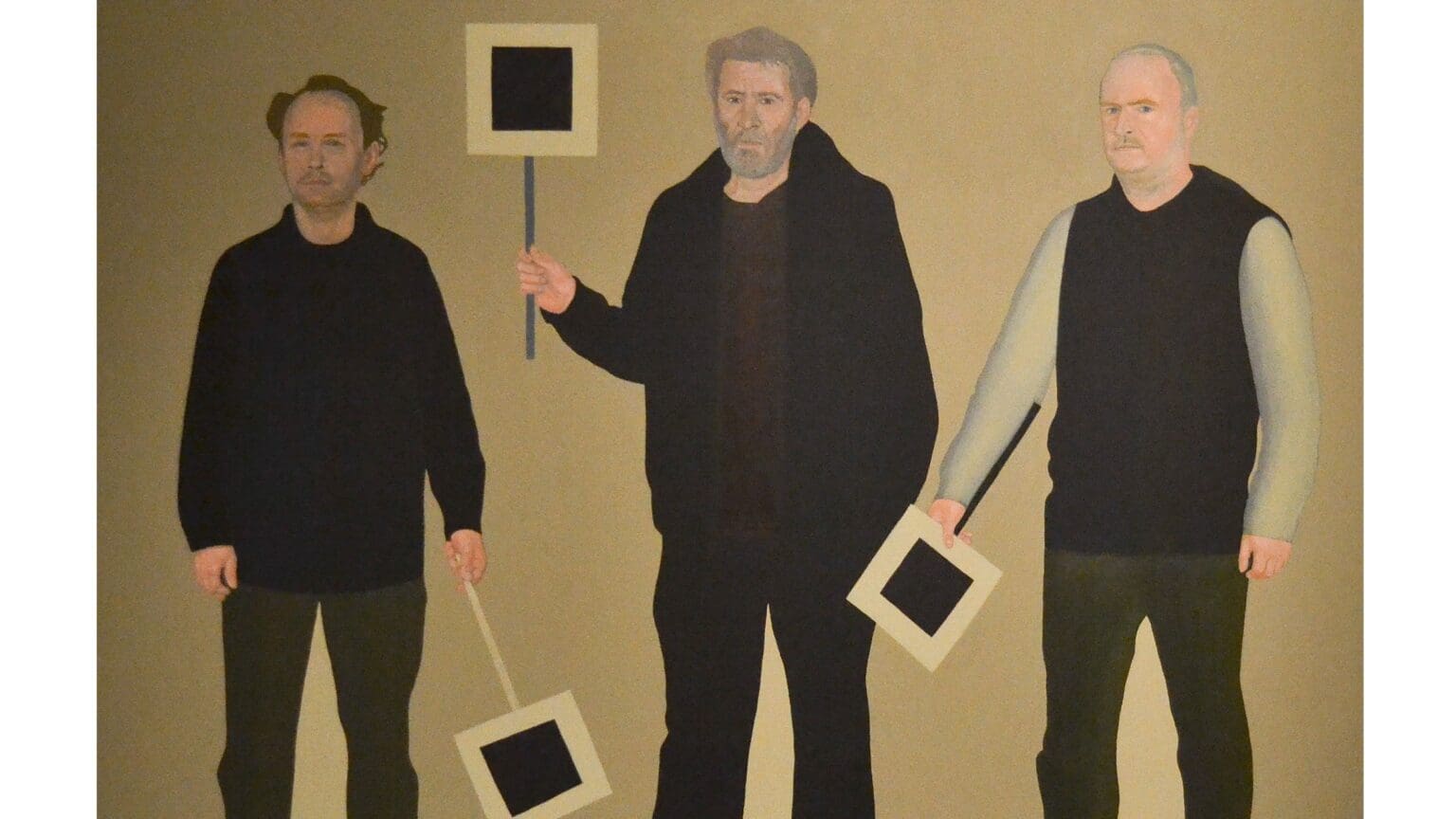
Ignacy Czwartos’ exhibition was picked by an open competition during the time of the conservative PiS administration to be displayed at the 2024 Venice Biennale. However, the new Minister of Culture of the new Tusk government overruled the decision and cancelled the project.
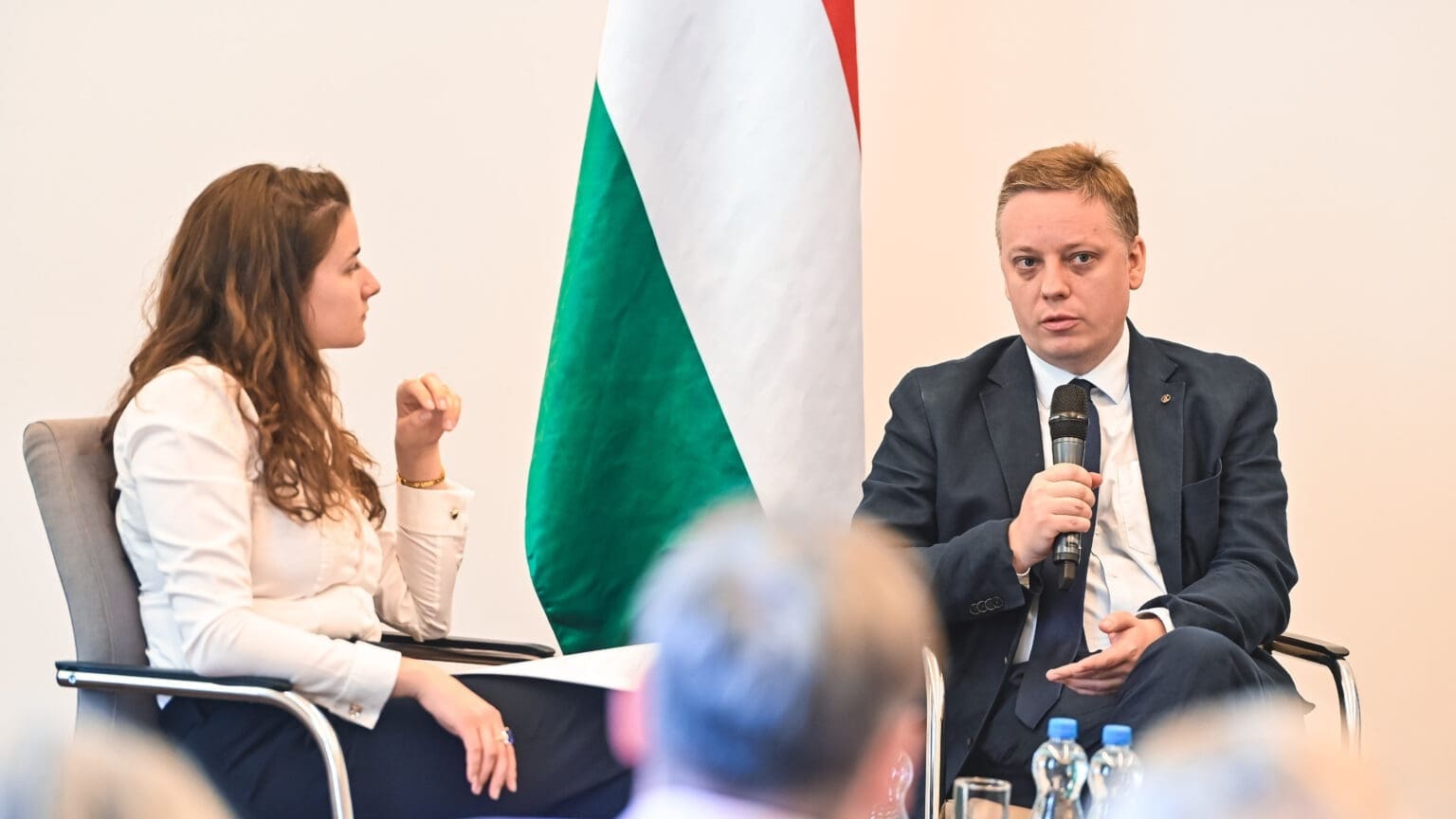
Joanna Siekiera, Arvid Hallén, and Tamás Csiki Varga discussed how the European Union can and should be shaping its common defence policy in the wake of the emerging Russian threat, as well as what role NATO plays in European defence policy.

British actress Francesca Amewudah-Rivers will be playing one of the most iconic roles in theatre history in an upcoming production by the Jamie Lloyd Company in London, opposite Tom Holland’s Romeo. Her race and appearance have drawn significant backlash online.

This year, 250 photographers submitted 2,470 entries totalling 6,801 photos for the Hungarian Press Photo Contest. At the opening ceremony of the 42nd Hungarian Press Photo Exhibition on 11 April, awards were presented for the first three places in fourteen categories, along with numerous special awards.
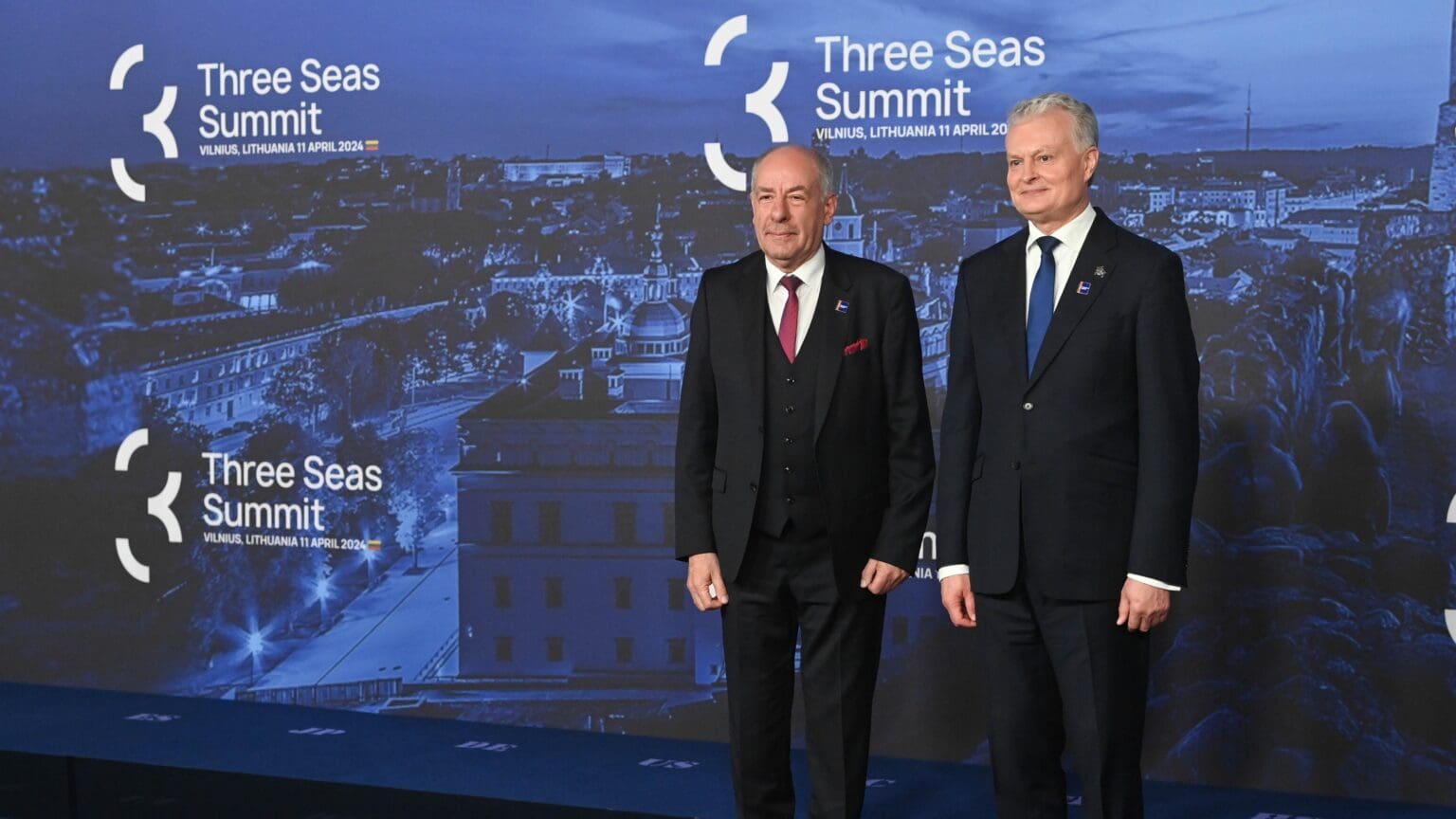
The annual Three Seas Initiative Summit and Business Forum was held with the participation of thirteen countries situated between the Baltic, Black, and Adriatic Seas, including Estonia, Latvia, Lithuania, Poland, the Czech Republic, Slovakia, Hungary, Slovenia, Austria, Croatia, Romania, Greece, and Bulgaria. President of Hungary Tamás Sulyok also participated in several bilateral meetings during the event.

Mol CEO József Molnár emphasized that the technology’s implementation will lead to a reduction in emissions equivalent to removing about 5,500 vehicles from the roads.
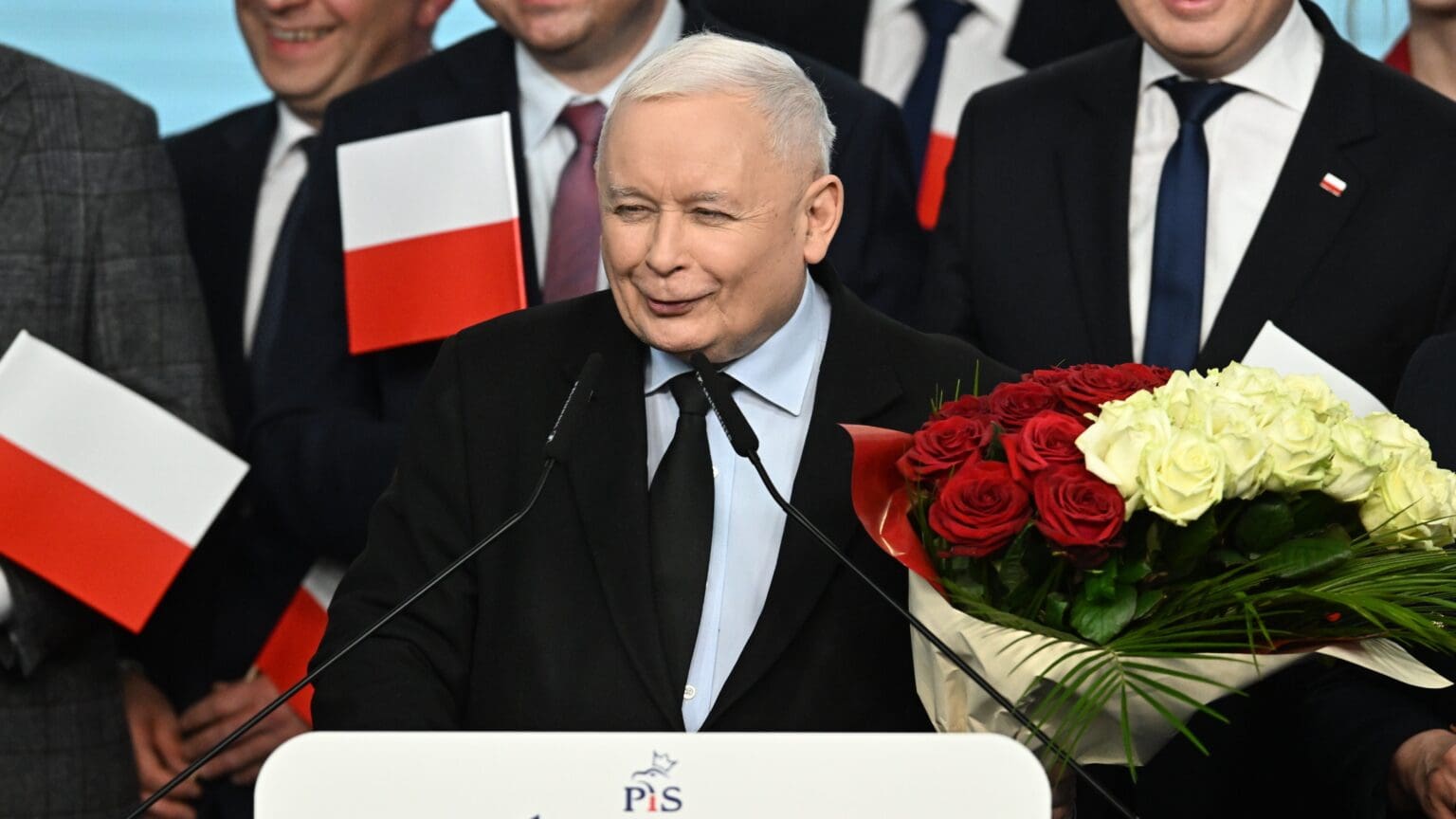
Local elections are an important episode in the power play for the leadership of the two largest parties in Poland. After the ultimate defeat of his party in the general election Jarosław Kaczyński came under heavy criticism, with demands that he resign and take responsibility for the electoral failure. PiS coming out on top on 7 April is expected to silence these voices and stabilize Kaczyński’s position.

‘Progressive responses to the housing crisis may be universal income or free housing, solutions which are neither sustainable nor desirable from a conservative perspective. However, a common discernment may be that the real estate market is unable to function in a self-regulated way regarding demographic and other important objectives. Society viewed as a community—and its institutions and the state—should have a role in supporting the housing of young adults.’
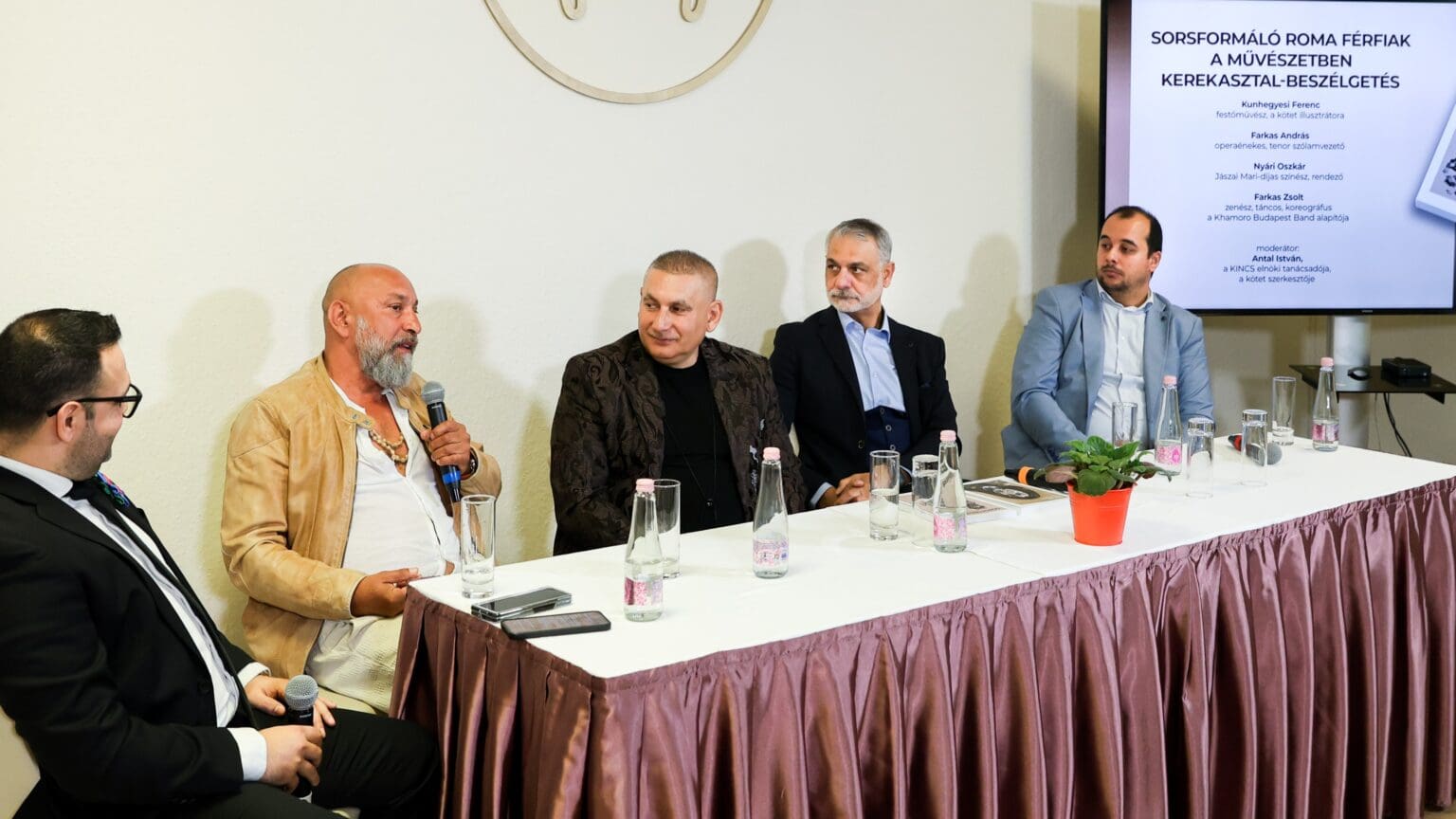
The launch of the book titled Fate Shapers – Stories of Successful Roma Men was held at the Mária Kopp Institute on Wednesday. The book presents the life stories of twelve successful Hungarian Roma men, serving as an inspiring example for the younger Roma generation.

In 2021 Hungary had the tenth lowest proportion of the population at risk of poverty or social exclusion in the EU, at 18.4 per cent. This compares to 30.6 per cent in 2014, when we ranked twenty-fourth, and our improvement of 12.2 percentage points is the largest among Member States.
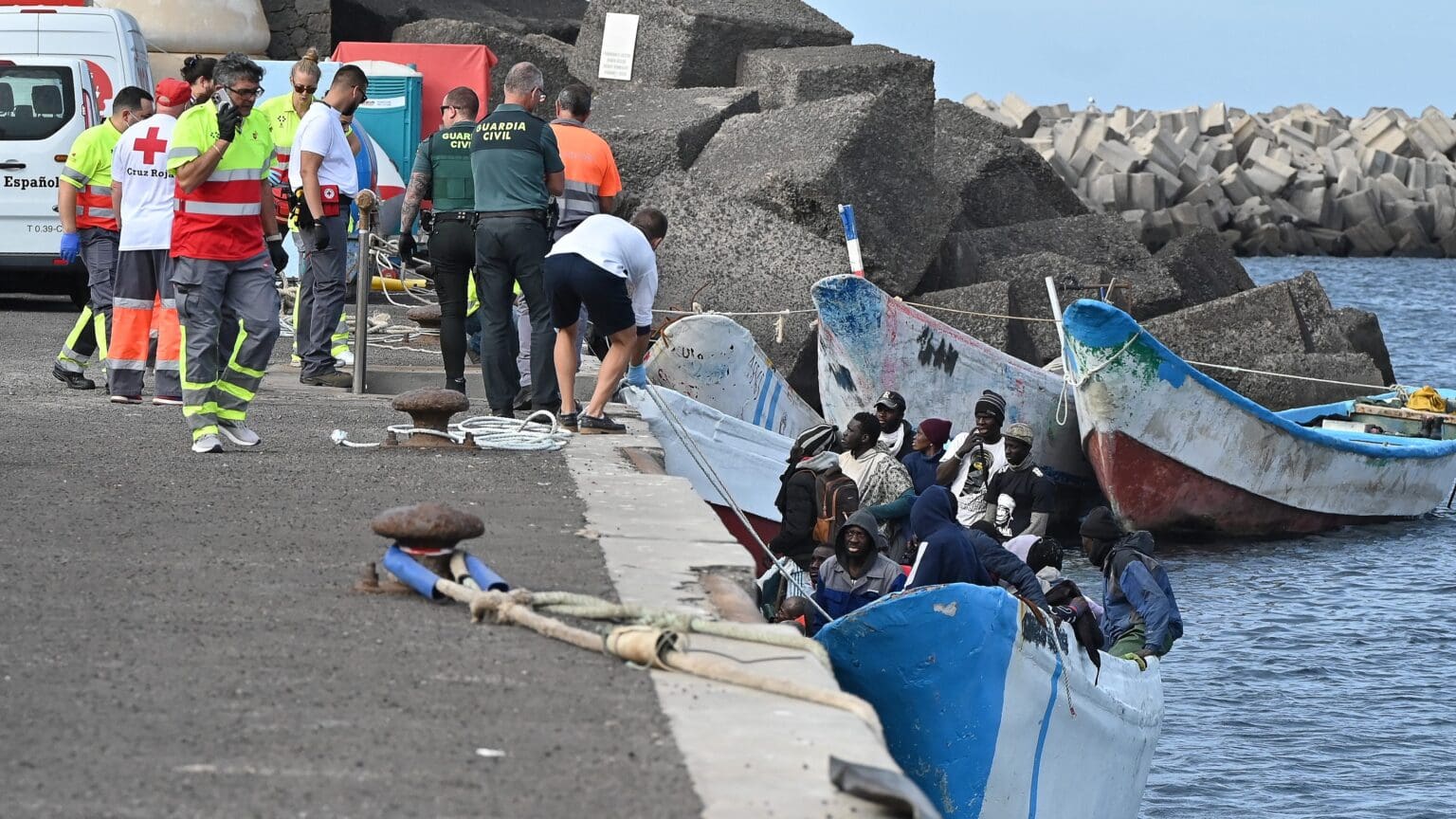
The European Parliament today adopted a new regulation reforming the EU’s migration and asylum policy, including measures for expedited asylum processing and solidarity in distributing migrants among member states. The pact, strongly opposed by Hungary, aims to relocate asylum seekers, provide financial support to heavily burdened countries, and establish uniform procedures for refugee recognition and protection.
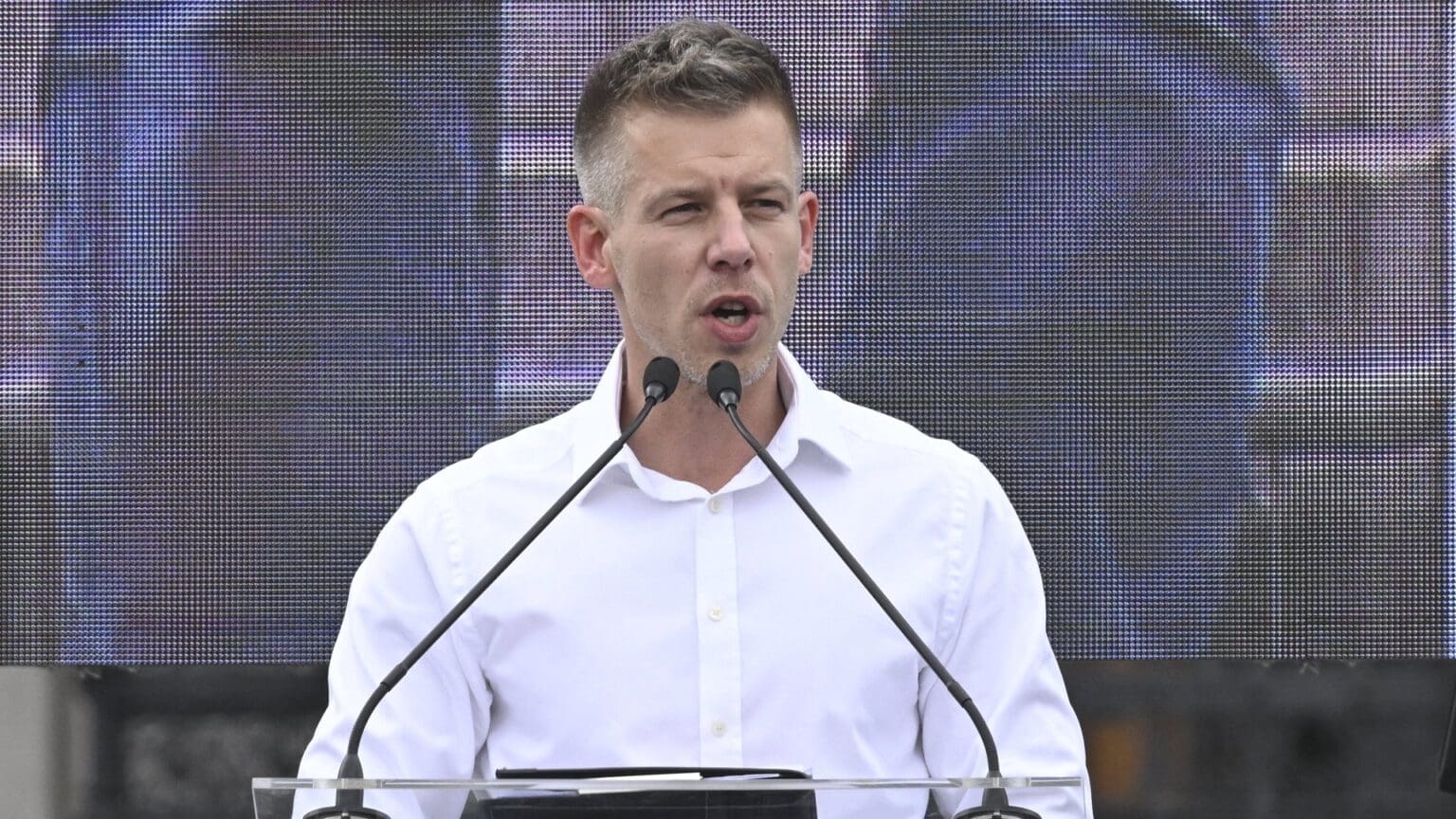
Despite focusing his campaign on fighting against corruption and for more transparency in politics, opposition firebrand Péter Magyar decided to jump into the 2024 EP and municipal elections in a very unusual: he founded a civil organization around himself, then that organization partnered with a ‘phantom party’ founded in 2021 to get Magyar’s candidates on the ballot.